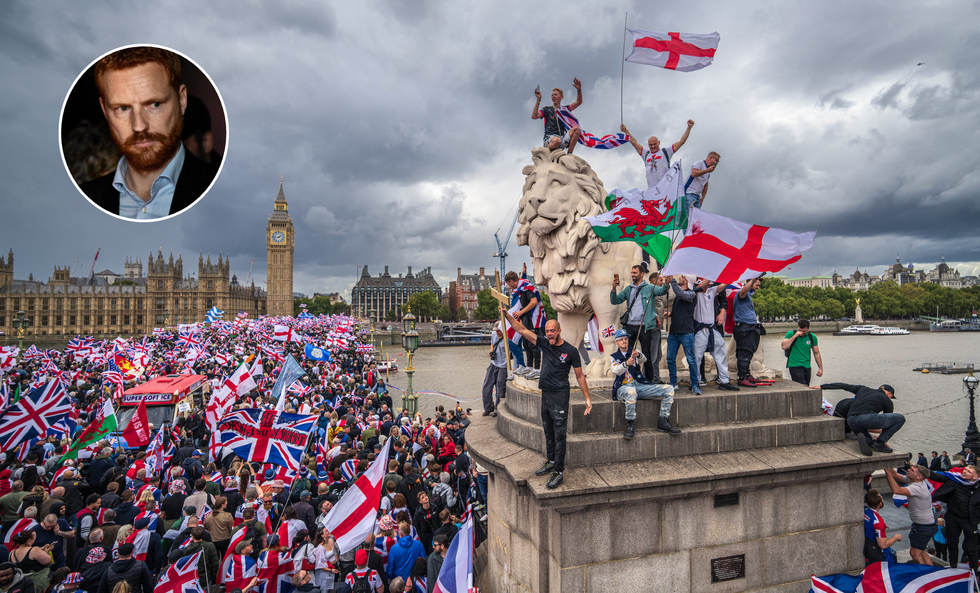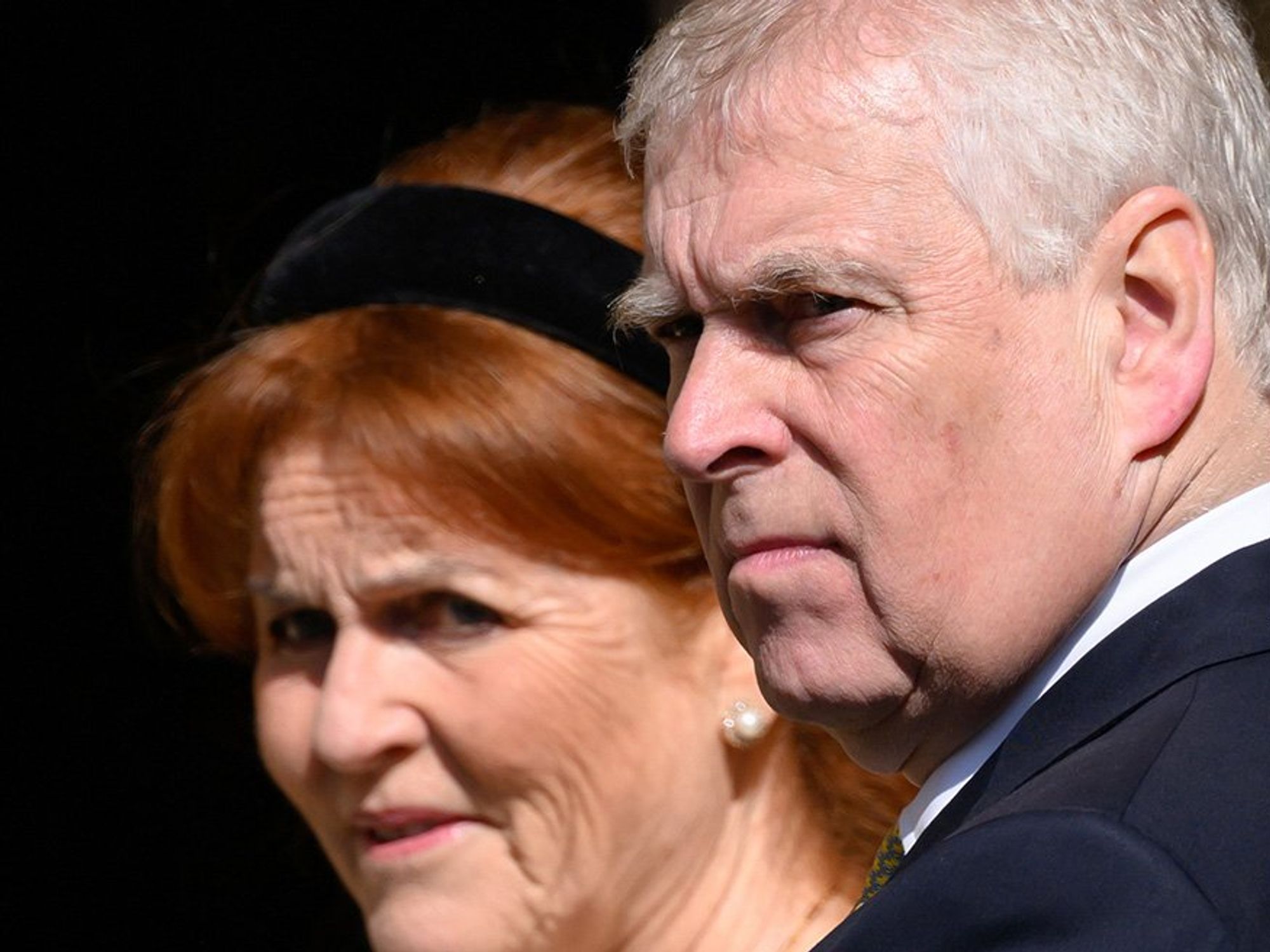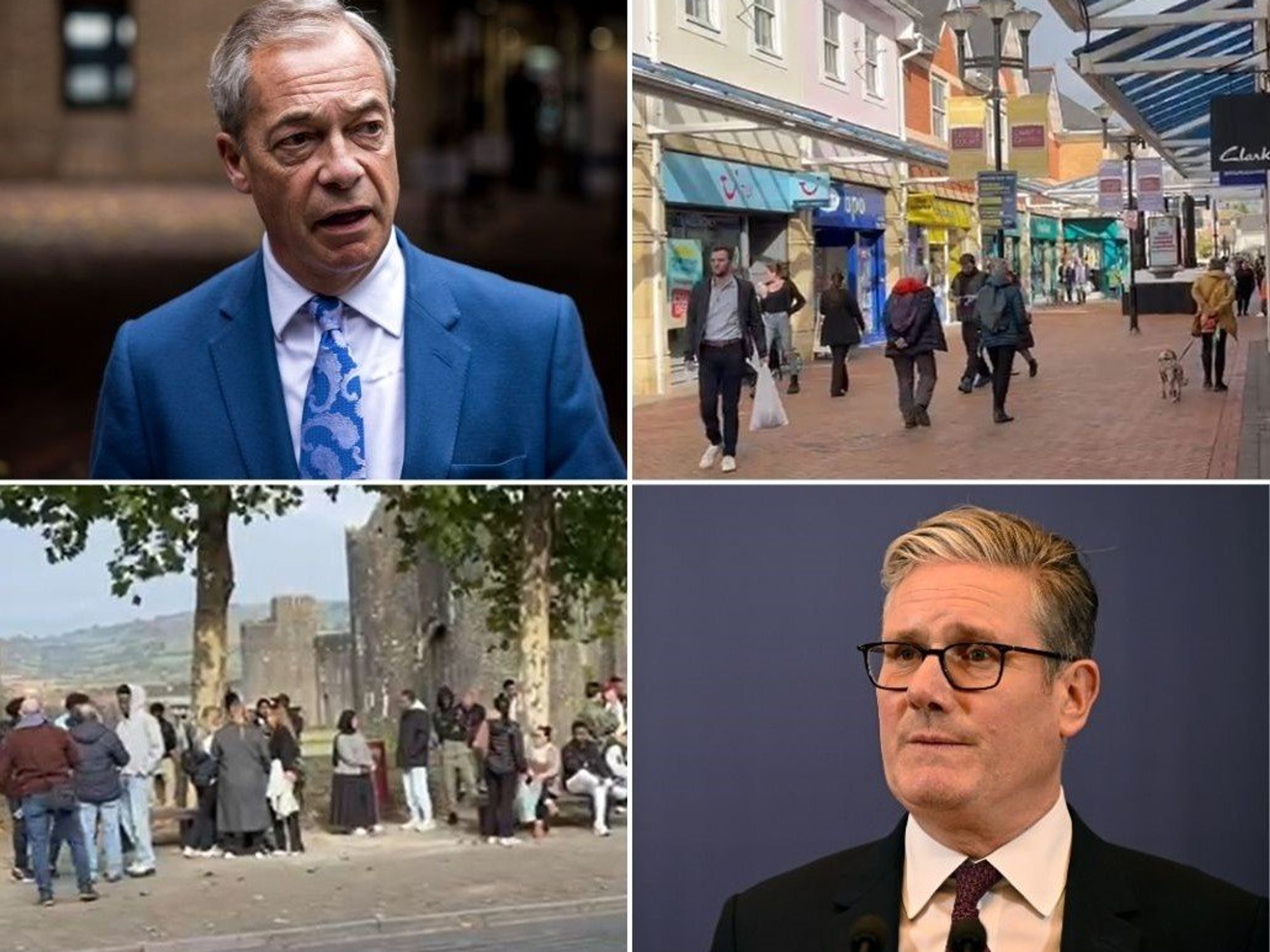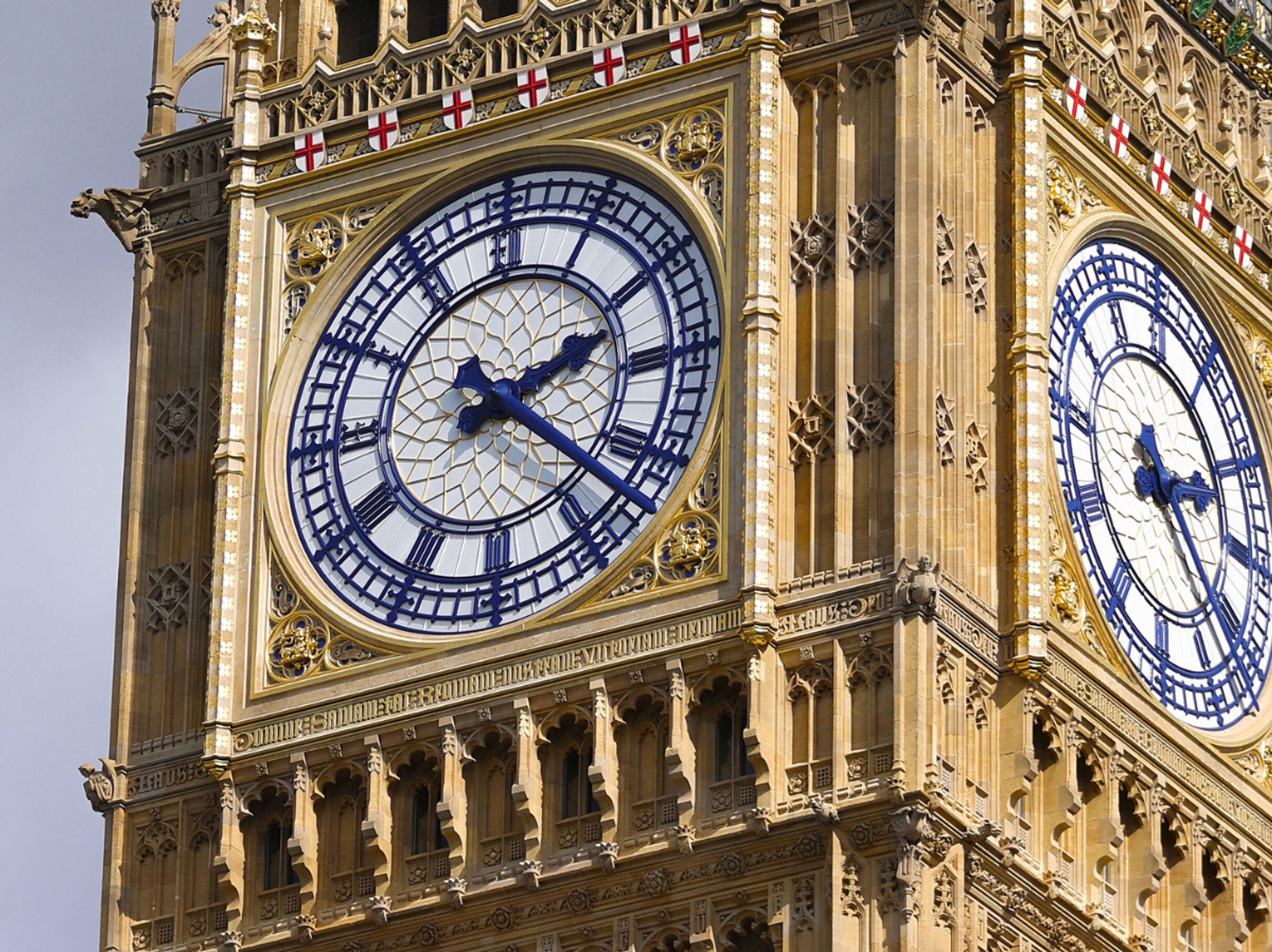Screaming Nazi fascist is the Left's most spectacular act of self-sabotage since mass migration - Paul Embery
Hurling these epithets at voters will not end well, writes author, political commentator and trade union activist Paul Embery
Don't Miss
Most Read
Trending on GB News
When the 2019 general election was announced, Labour shadow cabinet member Dawn Butler went on to Twitter (as it then was) and wrote: “The general election has just been called. This isn’t a normal election. It is the fight of our lives to save our country from the far right.”
She was talking, of course, about the prospect of voters re-electing a government which included the likes of Sajid Javid, Priti Patel and James Cleverly.
Butler wasn’t alone in seeing fascists under the bed. I encountered around that time others on the Left – including the General Secretary of my own trade union – who made similar statements. This was, they claimed, a battle between the forces of tolerance and far-right extremism.
These assessments were such an obvious and grotesque distortion of reality that I genuinely wondered if those who peddled them had lost their minds.
The absurd hyperbole seemed to be a hangover from the Brexit vote, which many on the liberal Left (and some on the liberal Right) considered to be a harbinger of a dark new age.
Traditional conservative opinions were suddenly being declared outside the bounds of acceptable debate, and those who expressed them were characterised as Nazi-adjacent. (In fact, our current Deputy Prime Minister, dare we forget, went so far as saying that comparing Brexit-supporting Tory MPs to Nazis was “not strong enough”.)
In the years since, the phenomenon has metastasised, with the labels “far right”, “fascist” and “Nazi” now attached to pretty much anyone or anything that stands in opposition to hyper-progressive ideology.
Reform UK, for example, is now routinely denounced in these terms. Earlier this week, Labour MP Richard Burgon said in a radio interview that our country was facing the threat of a “far-right extremist government”. It was a ludicrous statement. Reform is undoubtedly a party of the Right – but one comprised largely of small-state Thatcherites, not strong-state fascists.
 Screaming Nazi fascist is the Left's most spectacular act of self-sabotage since mass migration - Paul Embery
Screaming Nazi fascist is the Left's most spectacular act of self-sabotage since mass migration - Paul EmberyWe see similar language being deployed against those who attended the ‘Unite the Kingdom’ mass rally in London last weekend. While it is undeniable that some unsavoury figures (including Tommy Robinson, for whom I have no time whatsoever) were involved, it is lazy and trite to dismiss the entire event and everyone who attended as “far right” or “fascist”.
Witness, for instance, journalist Paul Mason, who wrote of the protesters: “Yes, they are far right, yes they are white supremacists; no, most of them will not vote Labour if we give them better council housing ... time for centrist politics to do its homework on modern fascism.”
Now, one doesn’t have to agree with the objectives of the rally to see that branding all those who attended as foot soldiers of “modern fascism” is preposterous. This is the “basket of deplorables” all over again, with Mason as Hillary Clinton.
I much prefer the assessment of Trevor Phillips, a widely respected broadcaster who knows a thing or two about racism. Phillips attended the rally and spoke to several of the protesters. Afterwards, he said: “These are the type of ordinary people you would meet at a football match or at a concert … When they talk to you about the asylum hotels, these people aren’t saying, ‘We hate foreigners.’ What they’re saying is, ‘That was a place where I took my parents for their golden wedding anniversary. It’s a place where my daughter had her 21st birthday. And now it’s full of blokes who stand outside all day, and we don’t really know them, and all sorts of things we hear happen.’ It is a sense that we are losing something. What those people are losing is that story of their lives.”
Phillips is right. What motivates the likes of those who protested at the weekend is not a desire to entrench “white supremacy”, but an anxiety over the pace and scale of the cultural change taking place around them and the consequent feeling that they are losing their status in society and, with it, the “story of their lives”. In many respects, the resentment over asylum hotels is merely a proxy for their deeper concerns.
When I logged on to Facebook a few days after the rally, I saw a discussion involving some of my fellow Fire Brigades Union members - all serving or former firefighters.
Several expressed support for the event. One said he wished he had attended. Another - a former union official - did attend. I knew some of these people. They are most certainly not “far right”. Indeed, I am confident they wouldn’t venture anywhere near a genuine far-right rally.
Screaming “fascist!” or “Nazi” at such people will not end well. First, the debasement of such terms renders them meaningless, which in turn allows real fascists and Nazis (they do still exist) to melt into the mainstream.
Second, if the definition of these words is extended to capture anyone holding everyday conservative opinions, then potentially millions will, like Charlie Kirk in the US, find themselves vulnerable to physical attack by activists who see them as “legitimate targets”.
Third – and I say this as someone on the Left – hurling these epithets at voters is a surefire way of driving them into the arms of the political Right.
And that is exactly what is happening. Millions of working-class voters – the type who rallied last weekend – are utterly lost to the Left in Britain. In the end, “We hate you. Now vote for us,” just isn’t a winning slogan.
More From GB News











